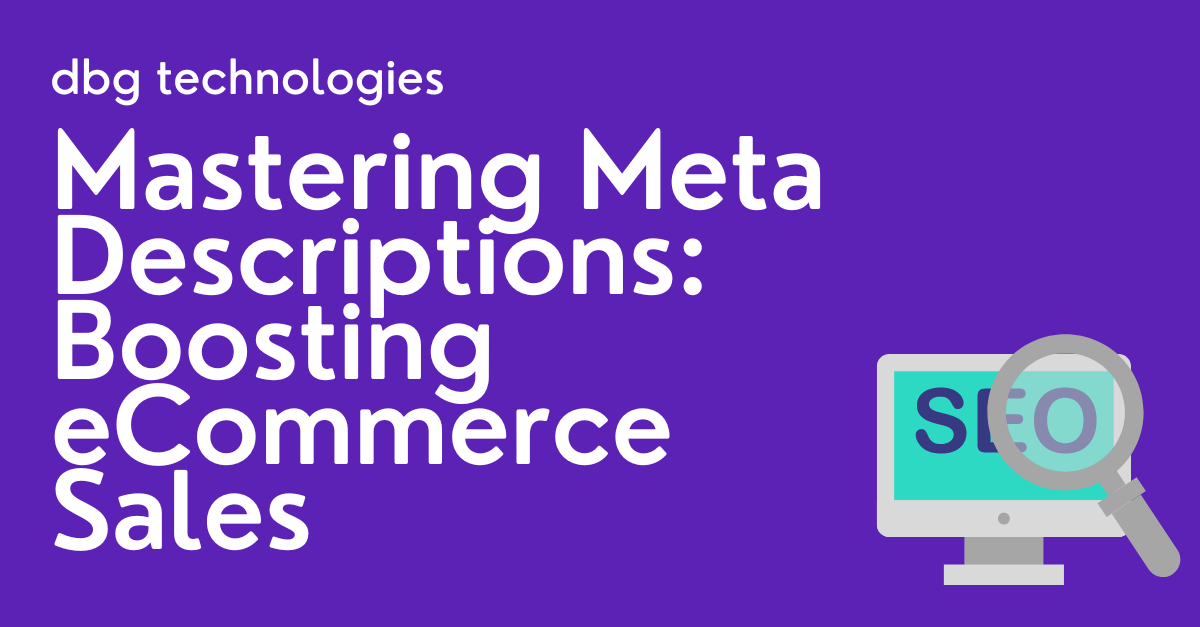 Meta descriptions are brief snippets of text that summarise the content of a web page.
Meta descriptions are brief snippets of text that summarise the content of a web page.
They are displayed in search engine result pages (SERPs) beneath the page title and URL.
Crafting compelling meta descriptions can significantly impact your search engine rankings and click-through rates, leading to increased traffic and ultimately more conversions.
A well-written meta description should be concise, compelling, and relevant. Use your meta description as a mini advertisement, highlighting the unique selling points of your product or service. Incorporate persuasive language, such as “Discover,” “Exclusive,” or “Limited Time Offer,” to create a sense of urgency and excitement.
While meta descriptions don’t impact SEO rankings directly, they play a vital role in attracting organic traffic. Identify relevant keywords related to your product or service and naturally incorporate them into your meta description. This can help search engines understand the context of your page and improve its visibility in search results.
Meta descriptions should ideally be between 150 and 160 characters to ensure they are fully displayed in search results. Avoid cutting off important information by keeping your meta descriptions concise and focused. Front-load the most critical information to capture users’ attention immediately.
Every page on your eCommerce website serves a different purpose and targets specific keywords or topics. Customising your meta descriptions for each page allows you to optimize them for relevant keywords and provide accurate previews of your content. Personalisation enhances the user experience and increases the likelihood of click-throughs.
Optimising meta descriptions is an ongoing process. A/B testing different variations of your meta descriptions allows you to analysed their impact on click-through rates and conversion rates. Experiment with different calls-to-action, phrasing, and offers to discover what resonates best with your target audience. Regularly monitor your website analytics to track the effectiveness of your meta descriptions and make data-driven improvements.
